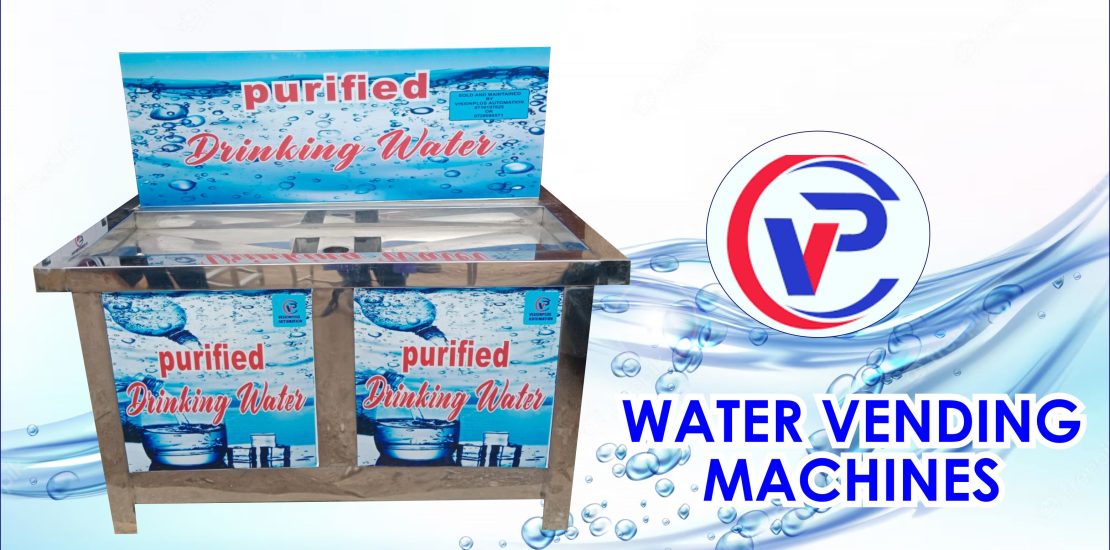- October 19, 2023
- Posted by: VisionPlus Automation
- Category: water vending business

The Profitability of Water Vending Business in Kenya
The Profitability of Water Vending Business in Kenya
Introduction
Water vending businesses have gained significant attention in Kenya as a promising avenue for entrepreneurs to address the country’s water supply challenges while simultaneously generating profits. With an increasing demand for clean and accessible drinking water, water vending businesses have the potential to be highly profitable. This essay explores the factors that contribute to the profitability of water vending businesses in Kenya, shedding light on the economic, social, and environmental benefits they offer.
Rising Demand for Clean Water
One of the primary factors contributing to the profitability of water vending businesses in Kenya is the growing demand for clean and safe drinking water. The country’s water supply infrastructure faces challenges such as contamination, inadequate distribution, and seasonal shortages. As a result, many Kenyan households and businesses rely on alternative sources of water, including water vending machines, to meet their daily water needs. This sustained demand ensures a steady stream of customers for water vending businesses.
Accessibility and Convenience
Water vending businesses offer a convenient and accessible solution to the water needs of Kenyan consumers. Vending machines and kiosks are strategically placed in various locations, including urban areas, rural villages, and marketplaces, making clean water readily available to a wide range of consumers. The convenience of these machines eliminates the need for long trips to collect water, saving both time and effort for customers. This accessibility and convenience are key drivers of profitability, as they encourage repeat business and foster customer loyalty.
Affordability
Compared to the cost of purchasing bottled water, water from vending machines is often more affordable, making it an attractive option for price-sensitive consumers. This affordability factor is particularly crucial in Kenya, where many households have limited disposable income. Entrepreneurs in the water vending business can price their products competitively while still generating a healthy profit margin, thanks to the reduced operational and distribution costs associated with vending machines.
Reduced Environmental Impact
Water vending businesses also offer environmental benefits, which can further enhance their profitability. Unlike single-use plastic water bottles, water vending machines typically dispense water in reusable containers. This reduces the environmental impact associated with plastic waste and promotes eco-friendly consumption practices. Such environmental responsibility can be a selling point, attracting customers who are increasingly conscious of sustainability and prefer reusable containers over disposable plastic bottles.
Job Creation and Local Economic Growth
Water vending businesses contribute to local economic growth and job creation in Kenya. Entrepreneurs who establish and operate water vending businesses often employ local individuals, creating employment opportunities and income for communities. This local economic activity not only benefits the business owners but also supports the well-being of the surrounding population.
Conclusion
The profitability of water vending businesses in Kenya is underscored by the growing demand for clean water, accessibility and convenience, affordability, reduced environmental impact, and their contribution to local economic growth. Entrepreneurs who enter the water vending industry stand to benefit from these factors while addressing a pressing need in Kenyan society. As access to clean and safe drinking water remains a priority, the potential for profitability in this business sector is likely to continue growing, making it an attractive venture for those looking to make a positive impact on society while also generating income.
